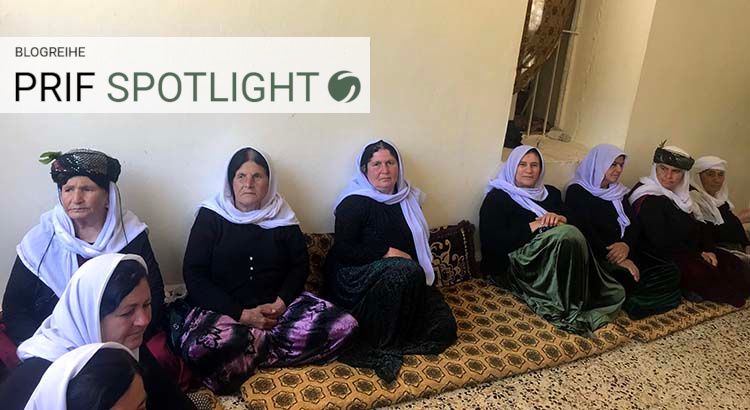
English, PRIF Spotlight, Serien/Reihen12. Mai 2020 | Francis Patrick O’Connor, Rosa Burç
Endangered Future: Yezidis in Post-Genocide Iraq and the Need for International Support
As the international memory of ISIS’ genocide against the Yezidi population of Şengal in Northern Iraq recedes, its victims have been left to languish increasingly hopelessly, in refugee camps with little realistic prospect of returning to their homes. Tens of thousands of displaced Yezidis remain dispersed across Northern Iraq, hundreds of kidnapped Yezidi girls and women are unaccounted for and the fates of many of their male relatives unknown. In the short term, there is an urgent need for…